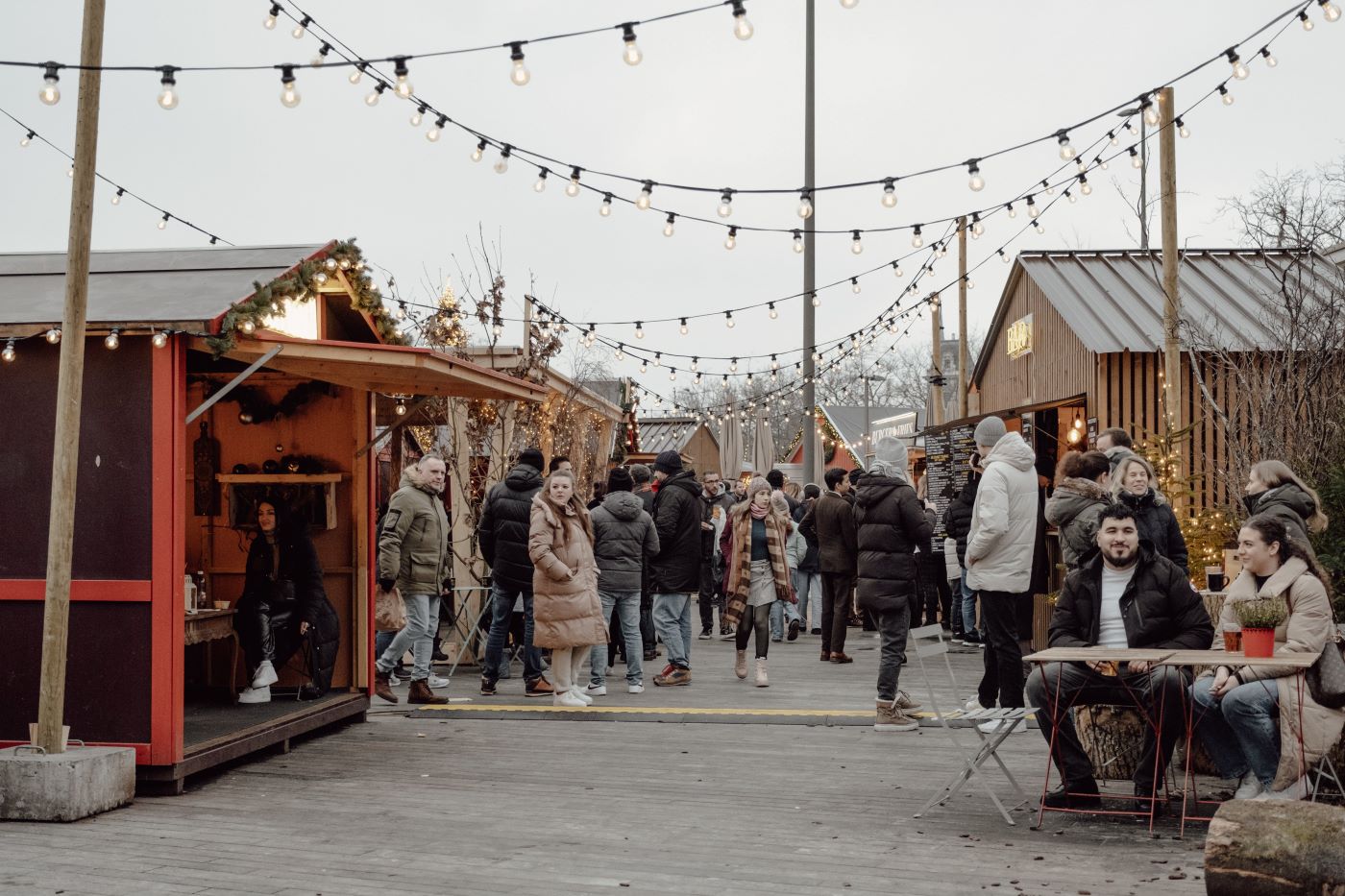
In an era where large corporations and online shopping dominate the retail landscape, local retailers have a unique advantage: their community.
Building strong community partnerships can be a game-changer for local businesses, fostering a loyal customer base and creating a network of support that benefits both the business and the community it serves. Here, we explore strategies for local retailers to build and strengthen these vital relationships.
How Local Retailers Can Build Community Partnerships
1. Understand the Value of Community Engagement
Community engagement goes beyond mere transactions. It’s about creating meaningful connections with the people and other businesses in your area. For local retailers, this can mean increased visibility, improved customer loyalty, and a stronger presence in the community. In a world where consumers are increasingly valuing authenticity and connection, these relationships can be a local retailer’s most significant asset.
2. Identify Potential Community Partners
The first step in building community partnerships is identifying potential allies. This can include other local businesses, schools, non-profits, community centers, and local events. The key is to find organizations and events that align with your business values and where your products or services can add value.
Make a list of potential partners, then reach out to them one by one and see if they’d be interested in joining forces. Make sure that when you’re looking for potential partners, you consider your audiences, clientele, and products. The partnership has to make sense; otherwise, it won’t be beneficial for anyone.
3. Collaborate with Other Local Businesses
One of the most effective strategies is collaborating with other local businesses. This can take many forms, such as cross-promotion, joint events, or shared loyalty programs. For example, a local bookstore and a coffee shop could collaborate on a book club night, benefiting both businesses through shared customers and enhanced community engagement.
4. Engage in Community Events
Participation in community events is a powerful way to build brand visibility and connect directly with potential customers. Whether it’s sponsoring a local sports team, having a booth at a community fair, or hosting a workshop or seminar, these activities demonstrate your investment in the community.
5. Support Local Causes and Charities
Aligning your business with local causes or charities can deepen your community ties. This could involve hosting fundraising events, donating a percentage of sales to a local charity, or volunteering as a team in community projects. Such initiatives not only contribute to the community but also resonate strongly with customers who value social responsibility.
6. Create Educational Opportunities
Offering workshops, classes, or seminars related to your products or services can establish your business as a knowledgeable and valuable community resource. For example, a local hardware store offering DIY home improvement classes not only draws in potential customers but also builds a reputation as a helpful and invested community member.
7. Leverage Social Media for Local Engagement
Social media is a powerful tool for local retailers, not just for marketing but for building community relationships. Use these platforms to promote community events, celebrate local achievements, and engage in conversations relevant to your community. This approach helps humanize your brand and strengthens your local presence.
8. Develop a Customer Referral Program
A referral program incentivizes your existing customers to bring in new customers, effectively turning your loyal customer base into brand ambassadors. This not only helps grow your business but also strengthens the community’s connection to your brand.
9. Offer Exceptional Customer Service
Exceptional customer service creates loyal customers who are more likely to spread the word about your business within the community. Personal touches, remembering customer preferences, and going above and beyond can set you apart from larger competitors.
10. Host Community Events
Hosting your own community events can be a great way to bring people together and create a buzz around your business. This could be anything from a seasonal sale event to hosting local artists or musicians or even community meetings on relevant local issues.
11. Build Long-Term Relationships
Finally, it’s important to remember that building community partnerships is a long-term strategy. It requires consistent effort, genuine interest in community welfare, and a willingness to invest in relationships that may not yield immediate financial returns but will pay off significantly in the long run.
For local retailers, the community is not just a market; it’s a network of potential partners, customers, and advocates. By engaging authentically with the community and building meaningful partnerships, local retailers can create a supportive ecosystem that benefits their business, their customers, and the community as a whole. In doing so, they not only survive but thrive in a retail landscape increasingly dominated by impersonal online shopping and large chain stores.



